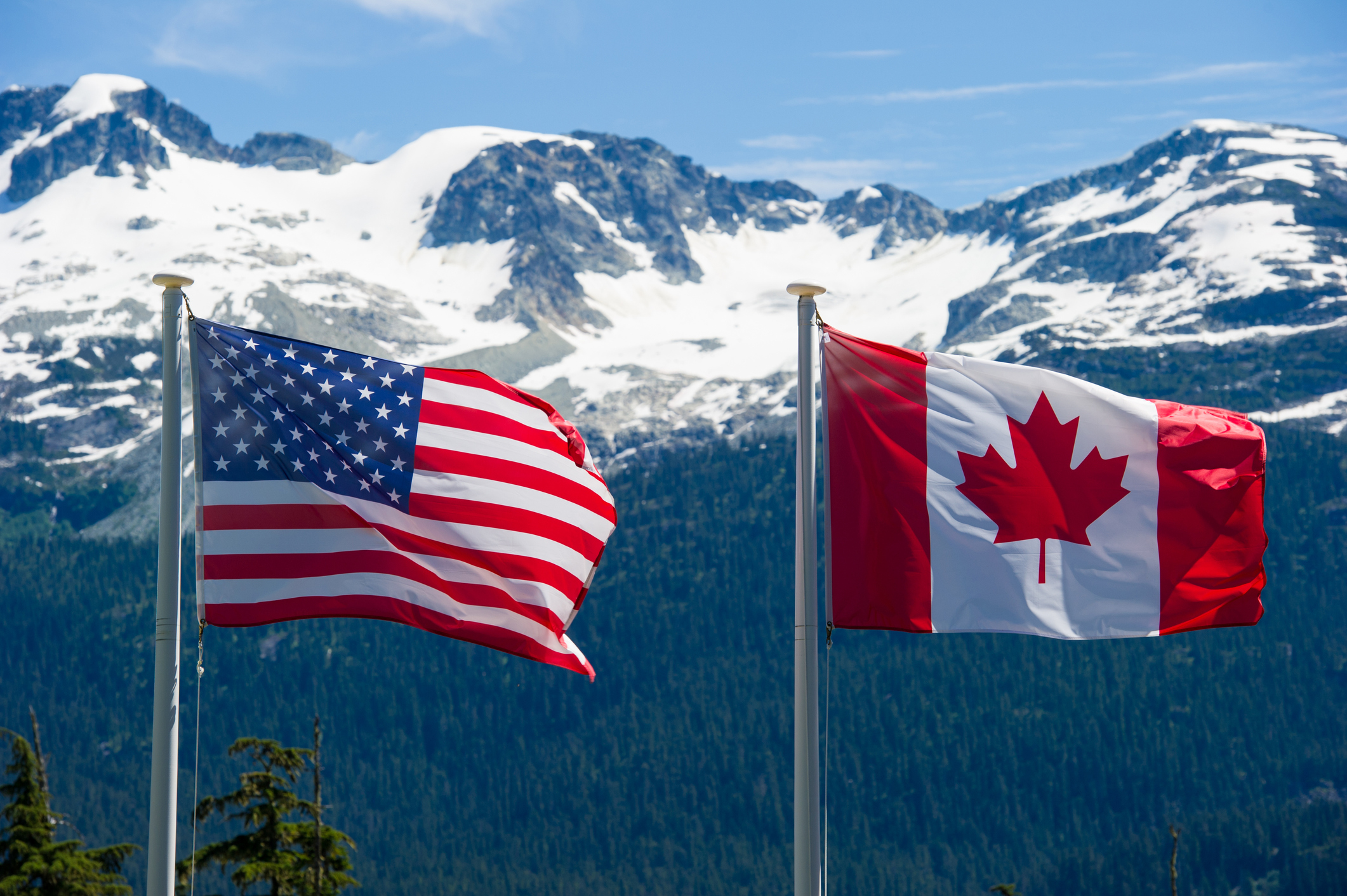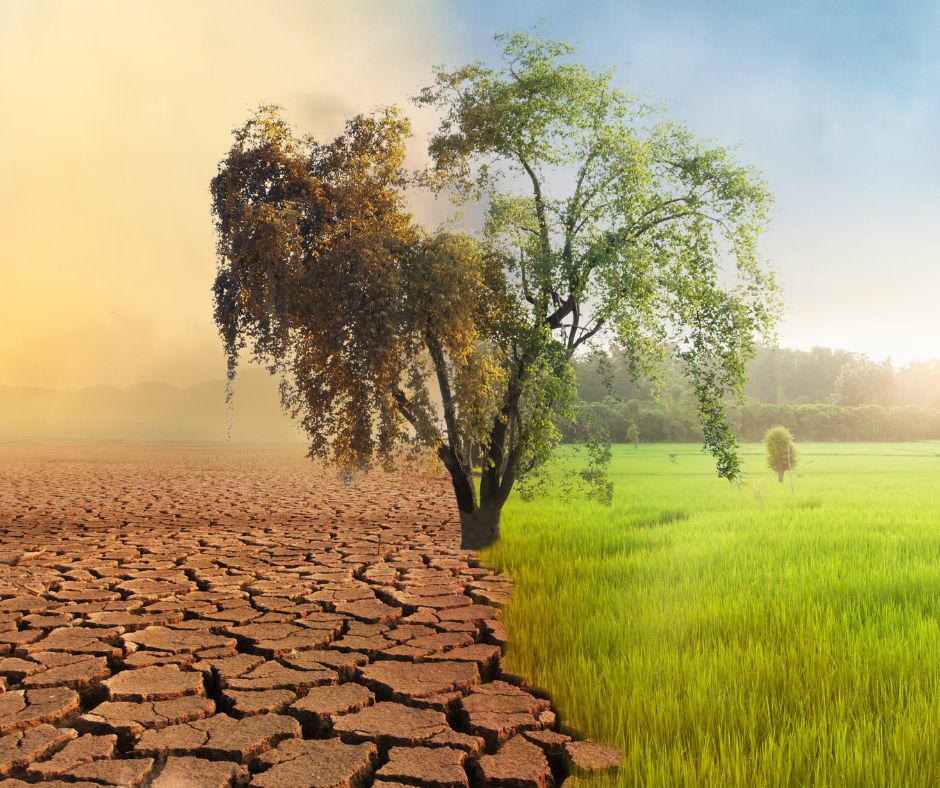President Joe Biden had his first meeting with another head of government yesterday when he met with Prime Minister Justin Trudeau. Climate change was high on the agenda, though a number of other issues were discussed, most notably how to tackle the global pandemic together.
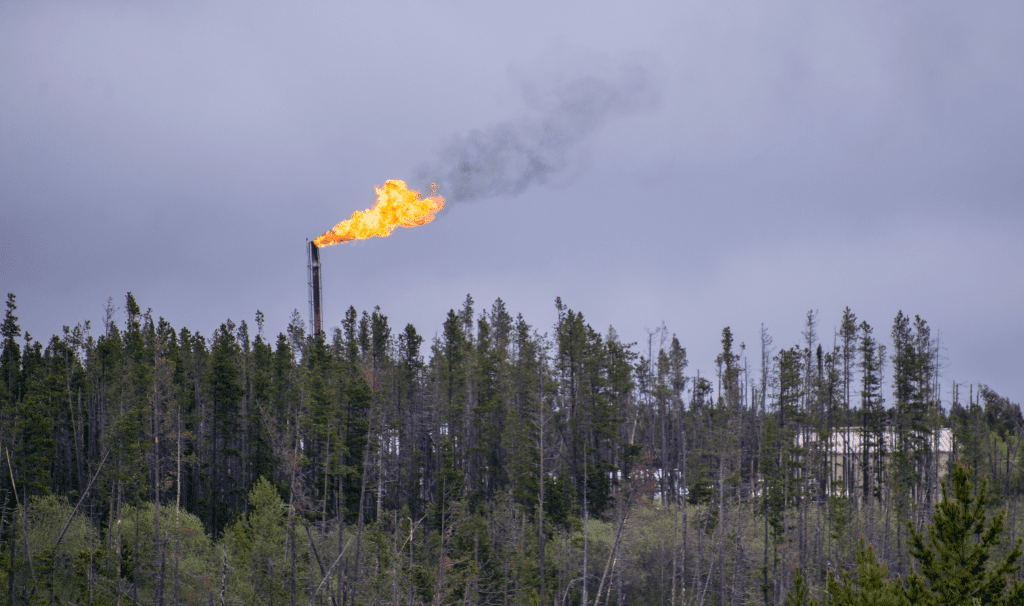

The good (re-)announcements
For those looking for greater Canadian action on climate change, there was quite a bit that was hopeful in the final communique that came out of the meeting. The two leaders agreed to collaborate on a number of climate-related files: clean energy, renewable energy storage, batteries for electric vehicles (as part of a commitment to making all vehicles zero-emitting), protecting nature as a climate solution, and reducing methane from oil and gas operations.
These are all commitments that Canada has made before. They key will be how far and how fast. For example, Canada has said that all cars sold in 2040 will be zero-emitting, and yet GM has already promised to beat that timeline by five years. Will Canada get more ambitious?
Canada and the U.S. already have a commitment to reduce oil and gas methane by 40 to 45 per cent by 2025. But the federal government’s own analysis shows recent regulations will leave Canada far from that mark. Will the federal government course correct?
Similarly, a commitment to work with Indigenous Peoples on climate solutions and protecting nature is of course welcome. But that commitment has been made many times, and many First Nations remain frustrated with the chasm between words and actions on reconciliation and a true government-to-government relationship. Will the Prime Minister get serious on what he has called the federal government’s most important relationship?
Another important but more obscure commitment is for both countries to ensure more disclosure from both public and private financial institutions on the degree to which they face risks from climate change. Shining a light on these risks could shift investment flows from climate accelerating to climate stabilizing. That’s because the risks are significant and many, including risks to fossil fuel investments in a world that is decarbonizing and risks from climate change impacts like floods, wild fires, and other extreme weather events. Here again, the details will show whether Canada wants to transform financial decision-making, or just slowly tinker around the edges.
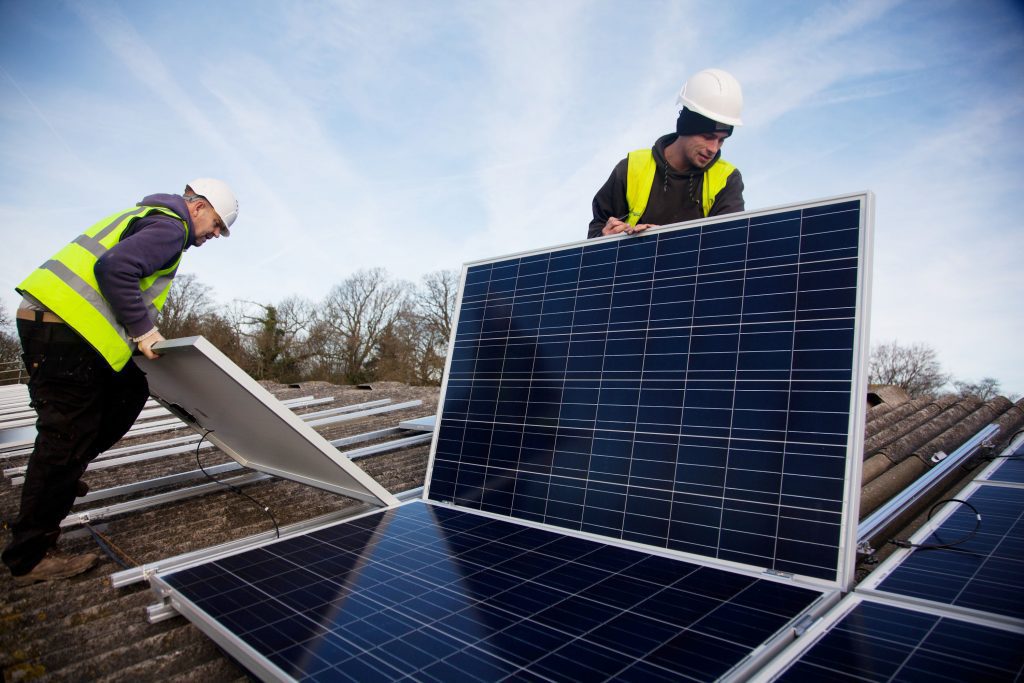

The vague
Two other references in yesterday’s agreement could be huge and transformational, or simply warm words on a page. The two countries have agreed to work towards “equitable energy transitions.” Is this a reference to phasing out fossil fuels, phasing in renewable energy, and doing so by taking care of workers and communities? Maybe. President Biden did include all of those elements in his executive orders upon taking office. The Prime Minister committed to a Just Transition Act a year and a half ago in the election campaign, but Canadians have heard nothing since.
The Prime Minister did commit to strengthening Canada’s 2030 carbon reduction commitment under the Paris Agreement. That’s good because the 32 to 40 per cent reductions suggested in Canada’s climate plan from December is embarrassingly weak. The world’s climate scientists have called for a 45 per cent reduction globally by 2030. For rich countries like Canada who have high emissions and are historically much more responsible for climate change, the 2030 target needs to be much higher: 60 per cent reductions domestically, plus significant investments to reduce emissions in other countries. (Stay tuned for an upcoming blog to explain why Canada’s fair share in avoiding climate chaos needs to be much more ambitious.)
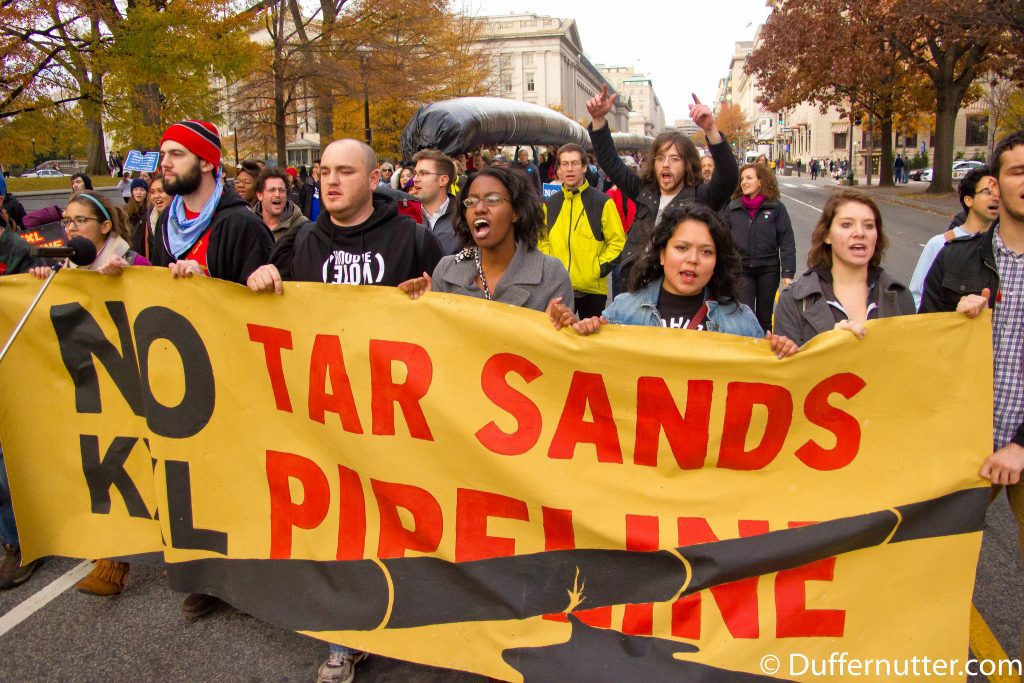

The missing
And then there are really worrying omissions for Canada, commitments that President Biden has already made in his first month in office. Based on their absence in this joint commitment, we have to assume that Canada’s Prime Minister remains incapable of matching.
The first is environmental justice. The President has directed every federal agency to develop programs and policies to address the fact that disadvantaged communities bear the brunt of environmental pollution, climate impacts, and ecological degradation. And set a target that 40 per cent of federal investments go to these communities. Canada has not taken this approach despite yesterday’s opportunity to do so.
During the presidential debates, Joe Biden rightly pointed out that tackling climate change means phasing out fossil fuels. In his first days in office, he followed through by canceling oil and gas leases in the National Arctic Wildlife Refuge, halting new oil and gas leases on federal lands, and canceling the Keystone XL oil pipeline.
Canada’s response? Pressuring the U.S. administration to change its mind on the Keystone pipeline. And staying silent in yesterday’s communique on the need to phase out fossil fuels.
Finally, there is a bizarre and troubling omission in the Canada-U.S. agreement. President Biden—but not the Prime Minster—committed to “holding polluters accountable for their actions.” Note that the language in these final communiques is carefully crafted. Most of the agreement has references to both leaders “committing to…” or “taking action on….” So the Prime Minister made a conscious decision to not hold polluters accountable! I cannot imagine what reason could be given for this being a step too far.
Real action is needed…for both the commitments made and those omitted
The Prime Minister not at all subtly blamed former President Trump for lacking leadership on climate change. But now Canada has a partner in the White House who wants to do much more, and has made commitments well beyond what Canada has committed to.
This is an opportunity. The Canadian government has pointed the finger at President Trump for four years for why Canada has not acted more ambitiously on climate change. Now, let’s see the Prime Minister point at President Biden when he finally says no to oil and gas companies and auto makers that want to continue their destructive practices.


